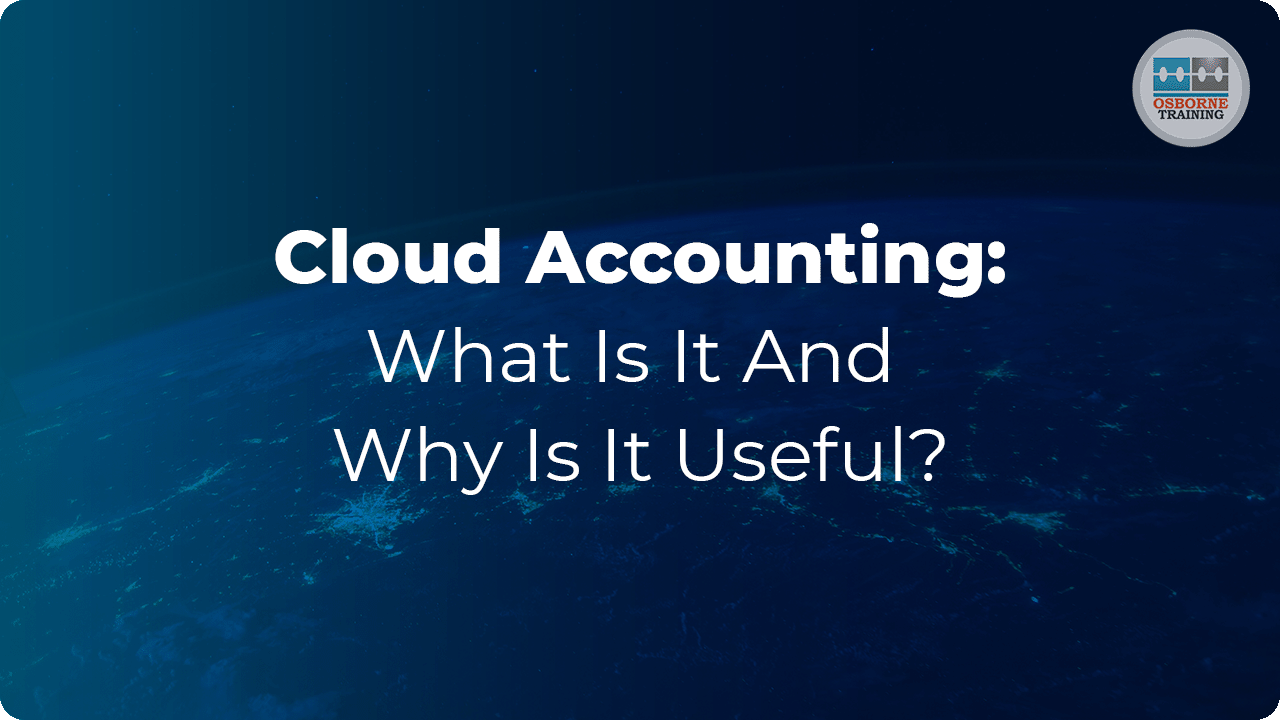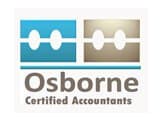
Cloud Accounting: What Is It And Why Is It Useful?
In today’s rapidly evolving business landscape, staying ahead requires leveraging innovative technologies to streamline operations and enhance efficiency.
One such technology that has revolutionized the way businesses manage their finances is cloud accounting. By moving away from traditional desktop-based accounting software to cloud-based solutions, businesses can unlock a myriad of benefits that drive growth and success.
Let’s delve deeper into the world of cloud accounting and explore why it’s a game-changer for modern businesses.
Understanding Cloud Accounting
Cloud accounting, also known as online accounting, is a method of managing financial data and processes using internet-based software.
Unlike traditional accounting software that is installed on local computers, cloud accounting involves accessing financial data through a web browser or mobile app.
The data is securely stored on remote servers maintained by the accounting software provider, eliminating the need for businesses to invest in costly hardware infrastructure.
The Benefits of Cloud Accounting
1. Accessibility
One of the most significant advantages of cloud accounting is its accessibility. With cloud-based solutions, businesses can access their financial data anytime, anywhere, as long as they have an internet connection.
This level of accessibility empowers remote work, allowing team members to collaborate seamlessly regardless of their physical location.
Whether it’s checking financial reports on the go or collaborating with accountants remotely, cloud accounting enables real-time access to critical financial information.
2. Scalability
Cloud accounting software is designed to scale with the needs of businesses. Whether you’re a small startup or a large enterprise, cloud-based solutions can accommodate your growing transaction volumes and complexity.
As your business expands, you can easily upgrade your subscription to access additional features and capabilities, ensuring that your accounting software remains aligned with your evolving needs.
3. Cost-effectiveness
Cloud accounting follows a subscription-based pricing model, eliminating the need for upfront investment in software licenses and hardware infrastructure.
This makes it a cost-effective solution for businesses of all sizes, particularly for startups and small businesses with limited budgets.
Additionally, cloud accounting software providers handle maintenance, updates, and backups, reducing IT-related costs and freeing up resources for core business activities.
4. Automatic Updates
Cloud accounting software is regularly updated by the provider, ensuring that users always have access to the latest features, compliance updates, and security enhancements.
Unlike traditional software that requires manual updates, cloud-based solutions automatically update in the background, minimizing downtime and ensuring that businesses are always using the most up-to-date version.
5. Data Security
Security is a top priority for businesses when it comes to financial data. Cloud accounting providers employ robust security measures to protect sensitive financial information, including encryption, multi-factor authentication, and regular security audits.
By storing data on secure remote servers, cloud accounting enhances data security and provides businesses with peace of mind knowing that their financial information is protected against unauthorized access and cyber threats.
6. Integration with Business Tools
Cloud accounting software seamlessly integrates with other business tools and applications, such as customer relationship management (CRM) systems, payment gateways, and payroll software.
This integration streamlines workflows, eliminates manual data entry, and improves efficiency across the organization.
Whether it’s syncing customer data from your CRM or automating payroll processes, cloud accounting simplifies business operations and enhances productivity.
7. Collaboration
Collaboration is key to driving business success, and cloud accounting facilitates seamless collaboration among team members, accountants, and other stakeholders.
With cloud-based solutions, multiple users can access and work on financial data simultaneously, enhancing communication, transparency, and teamwork within the organization.
Whether it’s sharing financial reports with stakeholders or collaborating with accountants on tax filings, cloud accounting fosters a collaborative environment that promotes efficiency and accountability.
8. Real-time Reporting
In today’s fast-paced business environment, real-time insights are essential for making informed decisions and driving business growth.
Cloud accounting enables businesses to generate financial reports in real-time, providing up-to-date insights into their financial performance.
Whether it’s monitoring cash flow, tracking expenses, or analyzing profitability, cloud accounting empowers businesses with the tools they need to make data-driven decisions and stay ahead of the competition.
In the End:
Cloud accounting is a transformative technology that offers a host of benefits for modern businesses.
From enhanced accessibility and scalability to cost-effectiveness, security, and collaboration, cloud accounting empowers businesses of all sizes to streamline financial processes, drive growth, and achieve success in today’s digital world.
By embracing cloud-based solutions, businesses can gain a competitive edge, maximize efficiency, and focus on what matters most—building a thriving and sustainable business for the future.
Browse through our updated AAT Accredited Accounting and Bookkeeping courses here, and start your accountancy journey today!







